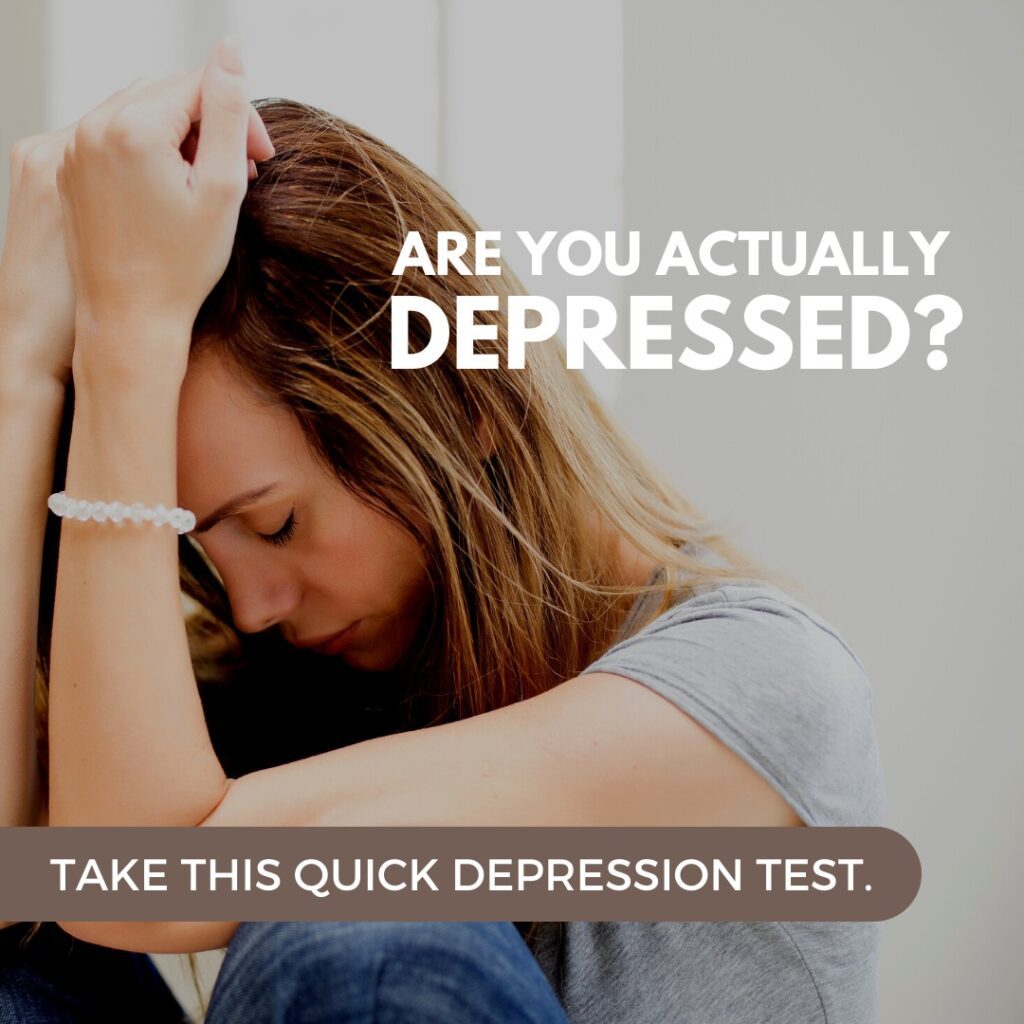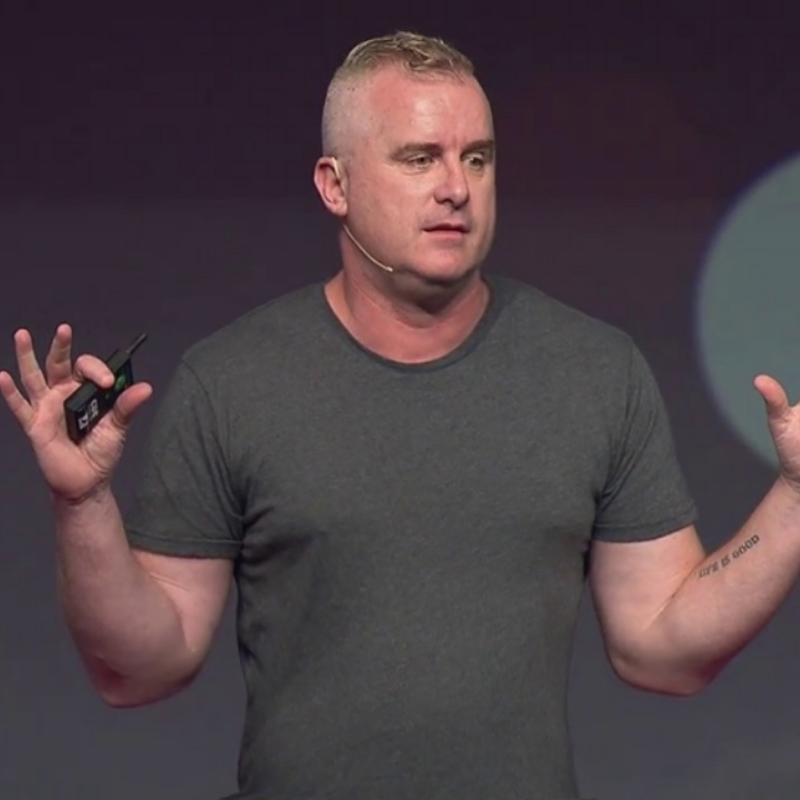I do a lot of public speaking at conferences and events both in Australia and internationally. The audiences who hear me speak are usually a couple of hundred people and sometimes a couple o thousand.
I always ask the organisers of the events that I speak at to canvas the delegates for honest feedback of my presentation and my speaking ability and so on.
And here’s the thing: if 100 people give feedback but one gives feedback that isn’t positive, that’s my day (and sometimes my week) ruined.
It only takes 1% of an audience not to give ma a glowing appraisal for my world to fall apart. What a narcissist!
I think a lot of people who speak for a living like I do can be pretty precious about that kind of thing. too. We are, after all, putting ourselves out there, on a stage no less, telling people what we think, feel, and believe, and hoping that they will all agree. Every one of them!
And to make it worse, I am speaking on my own behalf. I represent my own business interests, I am not speaking for the corporate entity that pays me a salary, so what I speak about truly is (or should be) what I think and feel.
And that can be terrifying.
So how do you mitigate the impact that criticism can have on you?
Criticism means you’re doing something.
If you are willing to expose yourself by firstly creating something but then telling the world proudly what it is, what it does, how it works, then you are going to be criticised. By someone.
People who do nothing are not criticised. That’s the most simple way to avoid criticism really. Shut up. Stop creating. Do nothing.
Why does it hurt?
I mean, invariably, criticism hurts because, as creators, we put a little bit of ourselves into everything we ship. In that case, it’s almost impossible not to take it personally when someone doesn’t like it.
They are basically not like you.
But there’s an important follow-up questions to why does it hurt and that’s why does it matter? Will it really change how you spend the rest of your day? Will it even matter to the group of people who like and respect your work?
If you can dilute the impact that someone else’s of your work has, you can obviously dilute the hurt as well.
Who are the critics?
Criticism of creativity is often the only involvement in creativity the critic has. You really don’t have to listen to the criticism of someone who is doing nothing.
Criticism from your peers can be tainted by self-interest too, so that’s not always valid either.
As Brenè Brown says, ‘your critics aren’t the ones that count‘.
It’s important to keep some perspective by being empathetic of what is going on for people when they criticise you or your work. What is motivating them? What are they potentially compensating for by making you feel worse (even unwittingly).
While I certainly take not of (OK, pore over obsessively) the feedback from my speaking gigs, there is a much smaller subset of my audience whose criticism, I am particularly interested in.
You would have these people too. They might be your work peers, colleagues, your audience, subscribers, your family, or your cat.
I think they key here is to hear it all, but listen to that which matters.
WATCH
Is it feedback?
Or is it criticism?
How can it help?
When I talk to small business owners about the phenomenon of social media and how it has given their customers a new voice and feedback channel for them, some of them are terrified by it.
What if they say something bad about us? What if they don’t like us?
But you know what? They are going to say that anyway. They are saying it right now. But if they are saying it on social media, at least you have the right of reply. You can publish your own rebuttal and be part of the conversation that you would never have been part of otherwise.
That’s the thing about criticism: it can help. Think of it as a business development tool.
Be mindful.
And then finally, I think it’s important to always be mindful about what sort of critic YOU are.
What motivates you to criticise?
What’s going on for you when you criticise?
I think the key to being able to handle criticism is being mindful of what sort of criticism you are dishing out and whether you would be OK receiving some of your own.
What do you think? Do you handle criticism well? Or are you a bit precious like me?

















